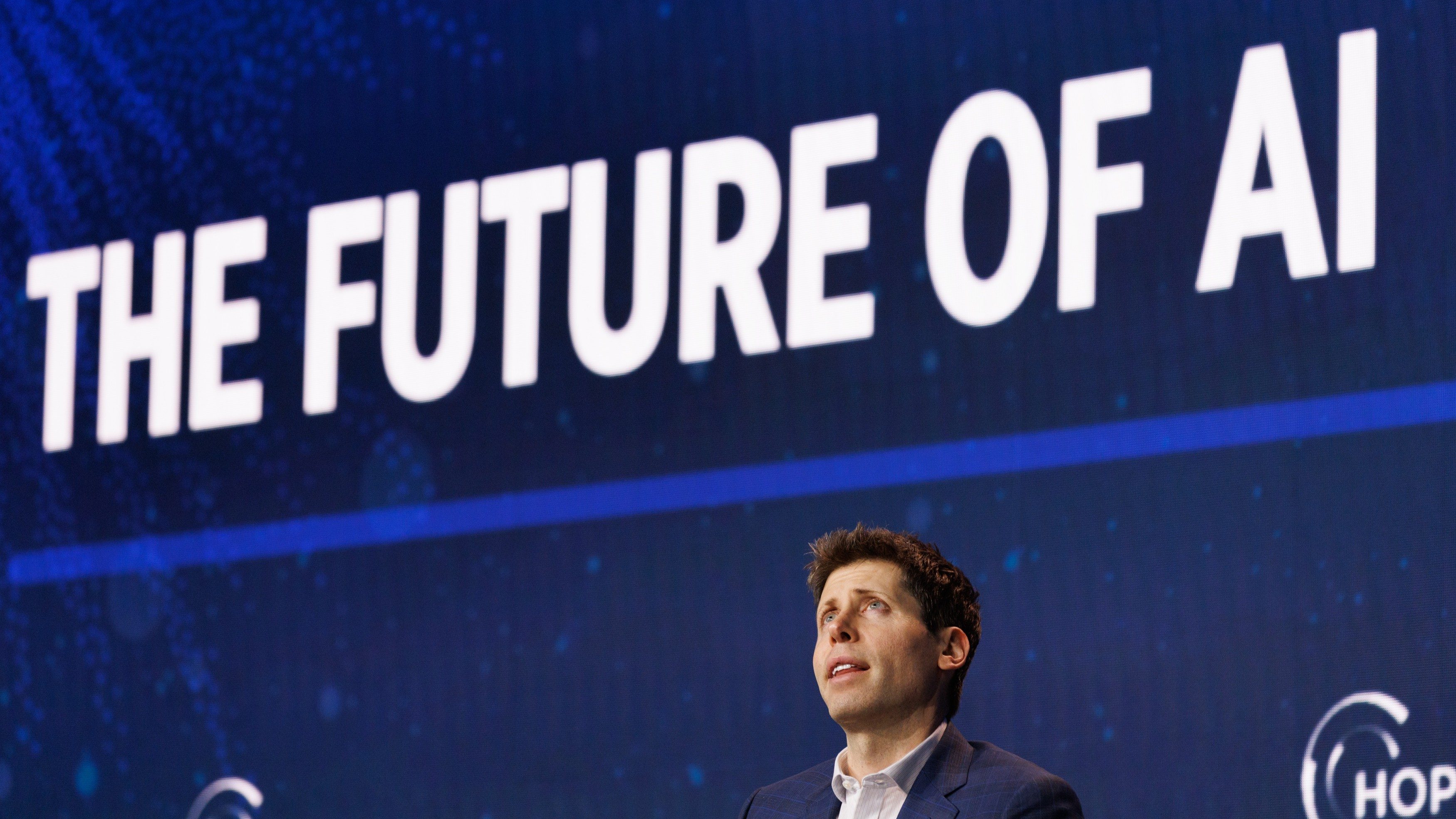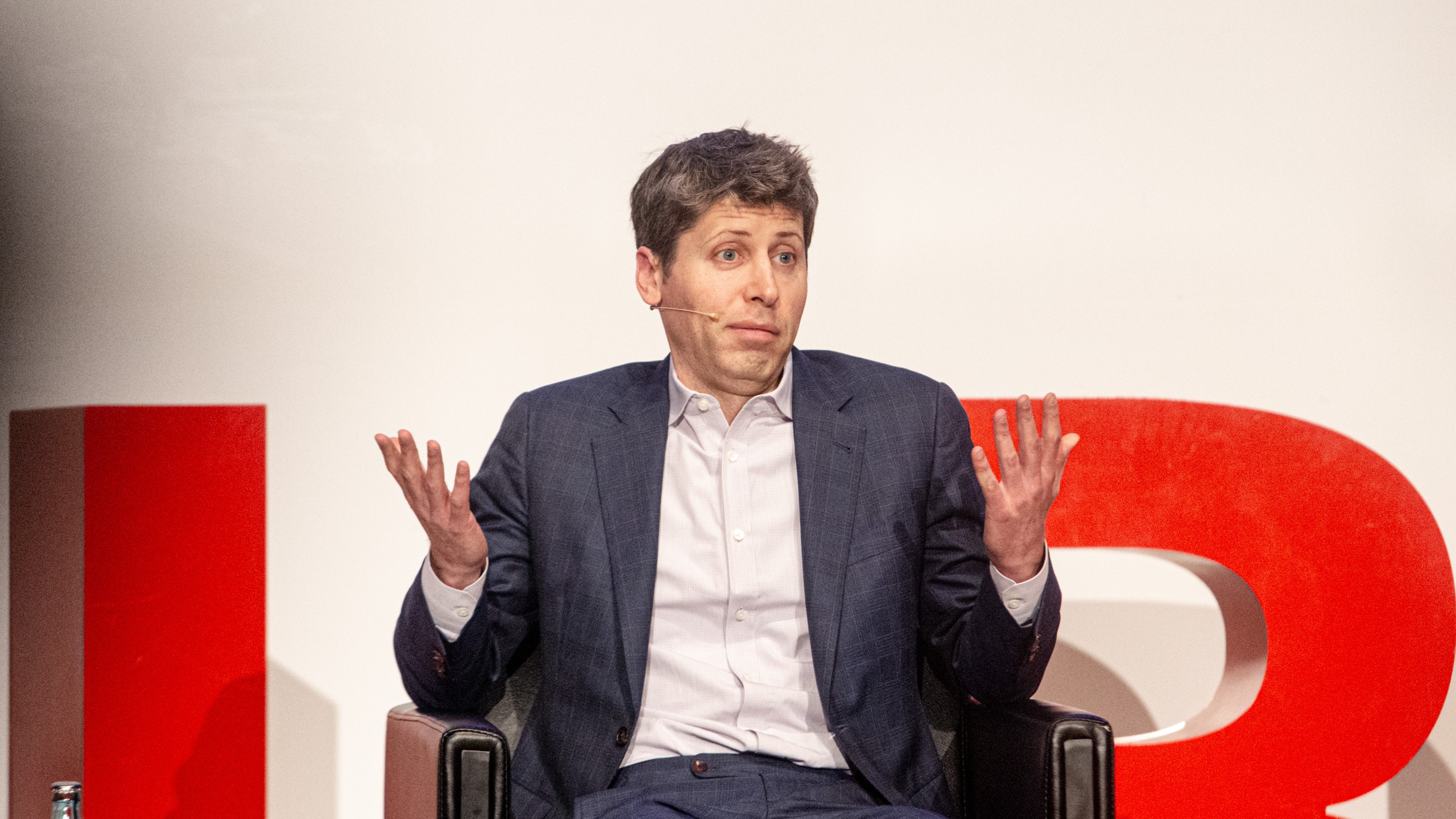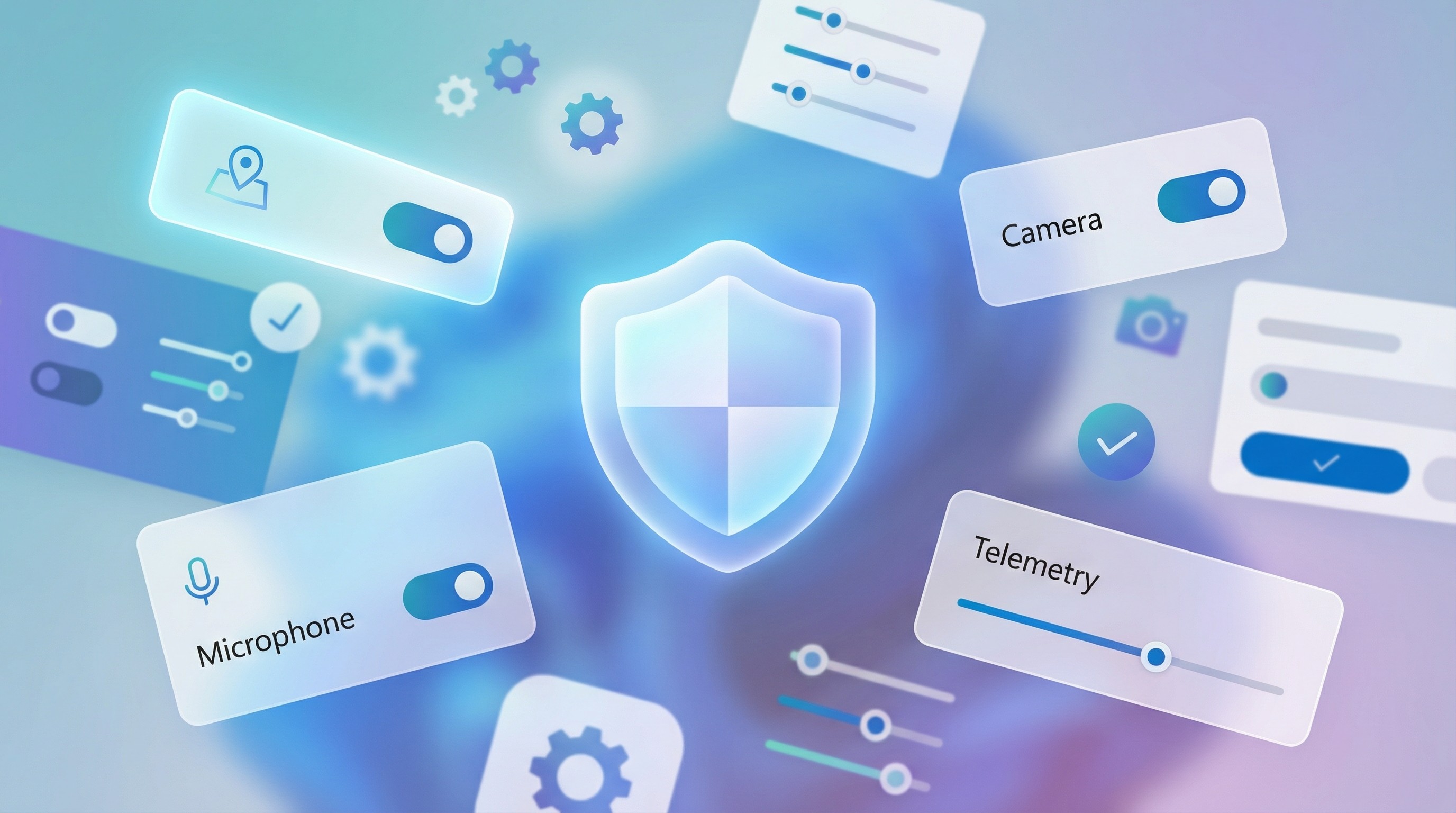"If I were 22 right now and graduating college, I would feel like the luckiest kid in all of history" — OpenAI CEO Sam Altman claims he's more worried about Gen X than Gen Z when it comes to AI job loss

All the latest news, reviews, and guides for Windows and Xbox diehards.
You are now subscribed
Your newsletter sign-up was successful
AI is destined to wipe out all of our jobs. Or maybe it's a flop, and it won't take any. Perhaps it'll land somewhere in between. Your guess is as good as mine, or as any of the heads of major AI firms.
Depending on the day, the temperature, and who you ask, the answer to the big "Will AI take our jobs?" question changes dramatically.
NVIDIA CEO and co-founder Jensen Huang, whose company is currently enjoying roughly a 90% market share of the chips that power AI, believes "everybody's jobs will be affected," but is positive that as long as humans don't run out of ideas, we'll continue to grow.
Anthropic CEO Dario Amodei offered a more blunt answer in May, noting that governments need to "stop sugar-coating" AI's threat to white-collar jobs, going so far as to claim that AI could steal up to 50% of entry-level positions.
Mark Zuckerberg, CEO of Meta, more recently published an open letter outlining a new direction for the company's AI. His idea is something he calls "personal superintelligence," and it aims to empower individuals rather than rob them of their usefulness.
Bill Gates hasn't been shy about sharing his opinions regarding job losses to AI; he believes AI will replace humans for most things, although coding might not be one of them. A recent Microsoft study outlined the 40 job roles most vulnerable to the rise of AI, with millions of people at risk.
Sundar Pichai, CEO of Google, has gone so far as to claim that the probability of AI causing existential doom is "pretty high," never mind threats to the traditional career paths sought out by us mere humans. OpenAI's CEO, Sam Altman, has now added a new angle to the AI job loss dilemma.
All the latest news, reviews, and guides for Windows and Xbox diehards.
Sam Altman is more concerned about the impact AI will have on older generations
Sam Altman made a guest appearance on the Speaking on the Huge Conversations Podcast with Cleo Abram on August 8 (via Business Insider), mostly to discuss the impending launch of GPT-5.
While we now know that GPT-5 isn't all that it was hyped up to be following the rollout, the podcast has plenty of talking points on which I've been chewing this week.
When pressed about what the world — and its job market — will look like in 2035, Altman says, "Ten years feels very hard to imagine." Quite optimistically, Altman lays out a scenario that feels more like a fever dream, in which graduates "could very well be leaving on a mission to explore the solar system on a spaceship in some kind of completely new, exciting, super well-paid, super interesting job."
Abram restructures the question, asking what 2030 will look like. In that scenario, Altman reveals that he's more worried about older generations than young people who are on the job search.
I'm more worried about what it means, not for the 22-year-old, but for the 62-year-old that doesn't want to go retrain or reskill or whatever the politicians call it, that no one actually wants but politicians, most of the time.
Sam Altman, OpenAI CEO
Altman frames this argument by stating that he thinks "it's totally true that some classes of jobs will totally go away. This always happens, and young people are the best at adapting to this."
Altman then states, "If I were 22 right now and graduating college, I would feel like the luckiest kid in all of history. [...] There's never been a more amazing time to go create something totally new, to go invent something, to start a company, whatever it is."
These sentiments can certainly be seen as out of touch.
There's plenty of news suggesting the opposite to Altman's argument, including a recent report from Fortune claiming that Gen Z men who graduate from college now have an unemployment rate on par with those who have no degree.
According to CBC News, Canada (where I live) is currently experiencing youth unemployment rates that haven't been seen since the 1990s.
How can the rise of AI turn this around? Mirroring Zuckerberg's opinion on "personal superintelligence," Altman says that the tools provided by AI can now help individuals do what was once thought impossible.
I think it is probably possible now to start a company that is a one-person company that will go on to be worth more than a billion dollars. And more importantly than that, deliver an amazing product and service to the world. [...] You have access to tools that can let you do what used to take teams of hundreds. And you just have to learn how to use these tools and come up with a great idea. And it’s quite amazing.
Sam Altman, OpenAI CEO
The constant back-and-forth between the heads of AI firms on the topic of job loss is easy to get lost in, and it certainly seems like everyone is attempting to balance two perspectives.
AI is either powerful enough that it's going to replace the workforce, cutting employment costs, and thus worth investing in, or it's going to empower individuals in a way never seen before, and thus not worth protesting against.
Is the AI hype overblown? Will it steal our jobs, or will it empower us instead? Let me know in the comments section below!

Cale Hunt brings to Windows Central more than nine years of experience writing about laptops, PCs, accessories, games, and beyond. If it runs Windows or in some way complements the hardware, there’s a good chance he knows about it, has written about it, or is already busy testing it.
You must confirm your public display name before commenting
Please logout and then login again, you will then be prompted to enter your display name.


